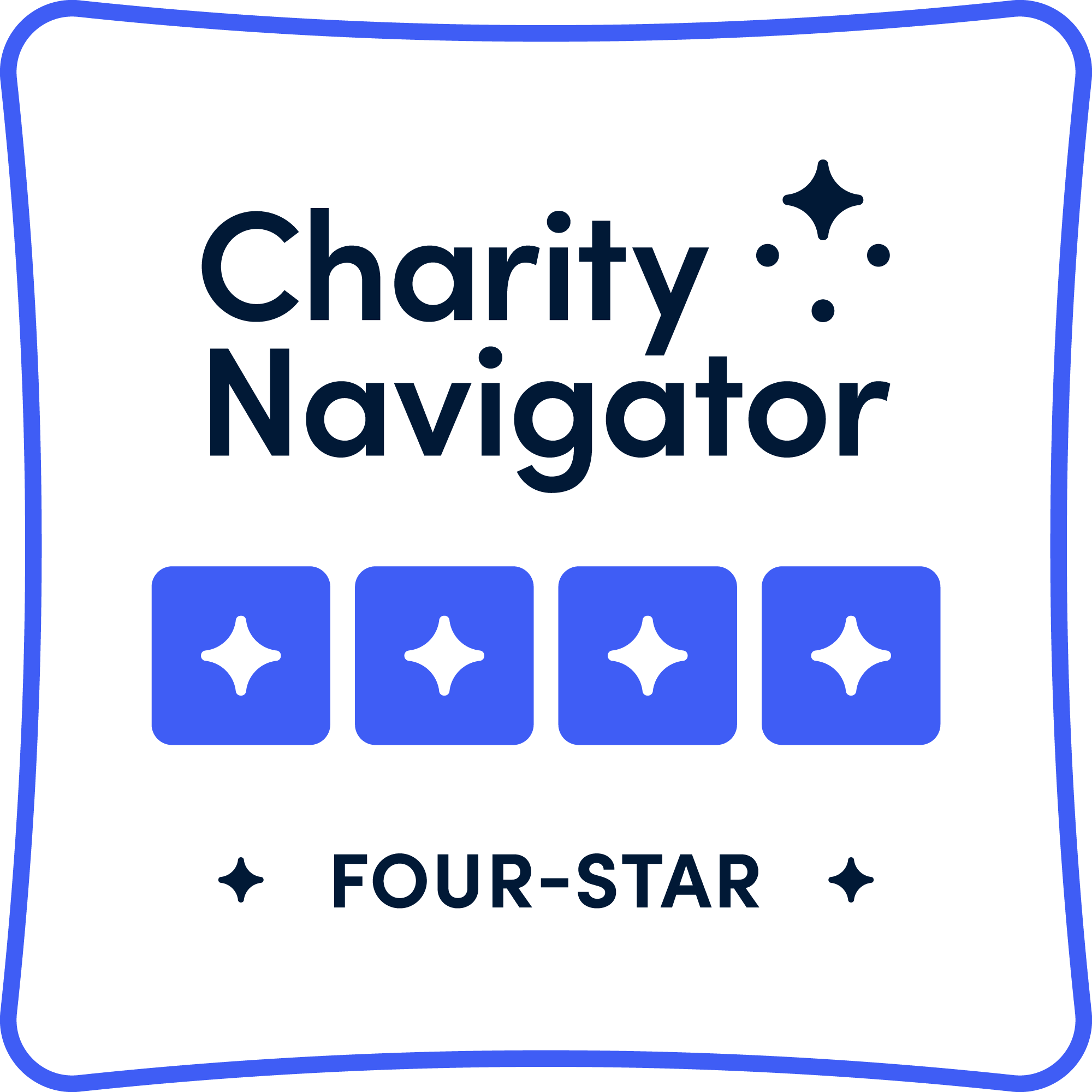International Women’s Day: Empower Women with Knowledge

International Women’s Day has celebrated the accomplishments and advancements of women since it was established in the early 1900s. Celebrated annually on March 8th, International Women’s Day is a celebration of unity, advocacy, action, and empowerment. International Women’s Day has announced six key missions, ranging from celebrating women athletes to increasing the visibility of women creatives. One of the six missions, focuses on health and aims to help women discover a position of power for making informed decisions about their health.
The power of knowledge, especially when it comes to one’s own health, can be lifesaving. In fact, the five most common cancers found in women are all either preventable or completely treatable if caught early. Having the knowledge of what screening options are available and what cancerous symptoms may look like can help women around the world lead healthier lives devoted to following their passions. In celebration of International Women’s Day, the National Foundation for Cancer Research wishes to offer the gift of knowledge by identifying steps in which women can protect themselves against three of the most common cancers in women.
-
Breast Cancer
Breast cancer is the most common cancer in women worldwide. It is estimated that one in eight women will be diagnosed with breast cancer in their lifetime. While a healthy lifestyle is likely to reduce one’s risk, finding the cancer early is the best way to prevent deaths from the disease. Women aged 44-54 should have an annual mammogram. A mammogram will help identify any possible cancerous masses at an early stage. After age 54, women can switch to a mammogram every two years, or continue annual screening depending on their preference. Women as young as 40 have the option to undergo mammograms but should talk to a doctor when deciding.
Both before and after commencing annual mammograms, women should be familiar with the look and feel of their breasts. Being familiar with one’s body allows women to take immediate note of any change in size, shape, or feel in their breasts, nipples, or areola. If any change in the area is noticed, women should immediately consult their doctor.
-
Lung Cancer
Despite being ranked the second most common cancer in women, lung cancer remains the most common cancer in the world. In fact, more people die of lung cancer than of colon, breast, and prostate combined. Across both men and women, only an estimated 16% of people with lung cancer will be diagnosed at the earliest stage, when the disease is most treatable.
The best way to prevent lung cancer is to avoid tobacco smoke. There is currently one screening test recommended for lung cancer. The test is a low-dose CT scan and is only available to people with a specific history of smoking. In order to qualify, individuals must have a history of heavy smoking and either currently smoke or have quit within the past 15 years and be between the ages of 55 and 80 years old. Women that meet these criteria should consult their doctors about the next steps.
-
Colorectal Cancer
While colorectal cancer is the third most common cancer among all women, it is the second most common cancer among Hispanic women. Women over the age of 50 are at a higher risk as well as those with a history of polyps, a diet heavy in red meat, inflammatory bowel disease (IBD), or a family history of colorectal cancer. Unhealthy lifestyles and type two diabetes are also likely to increase one’s risk.
Luckily, screening for colorectal cancer is highly effective. When found early, it is one of the most treatable forms of cancer. Screening is typically recommended for everyone over the age of 50. There are several types of screening options available, including a colonoscopy, a sigmoidoscopy, and/or an annual stool occult blood test. It is important to speak to a doctor to determine which test or tests are right for each person. For those that are at a higher risk of colorectal cancer, it is recommended to consult a doctor about screening as young as 18 years of age.
Knowledge is a powerful tool. At the National Foundation for Cancer Research, we strive to empower all genders with life-saving awareness, understanding, and comprehension of cancer prevention and treatment. For those interested in making a gift in honor or in memory of the special women in their life, please visit the NFCR website.











